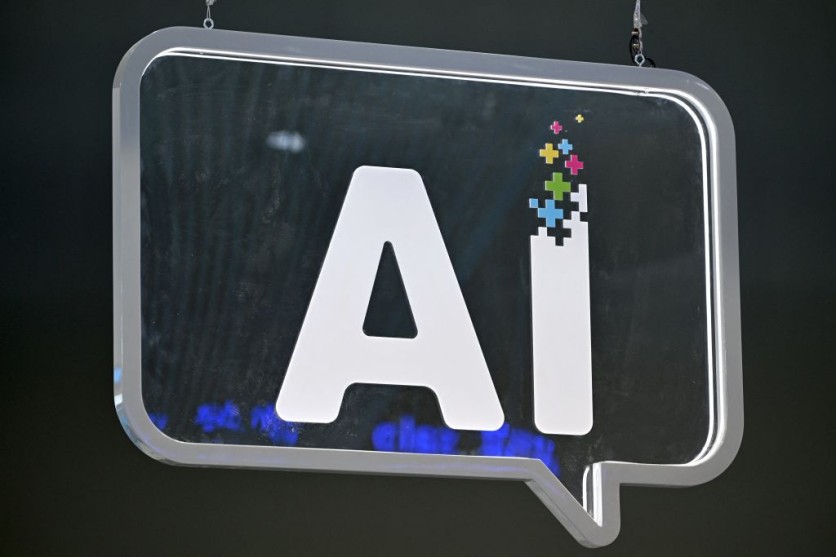Figma AI's artificial intelligence-powered application designing feature, dubbed "Make Design," has reportedly been taken down by its developers after users found that it produced application mockups that closely resembled existing software.
As noted on X, Make Design produces mockups that resemble Apple apps. In one instance, a weather app submitted to Make Design produced a prototype nearly identical to Apple's Weather app.

In an X post, Figma CEO Dylan Field claimed that "Make Design" combines commercially available learning modules with design systems they commissioned to be utilized by these models, explaining why the feature resulted in knockoffs.
When asked if Make Design received direct training from Apple's app designs, sources allegedly questioned Figma CTO Kris Rasmussen; Rasmussen could not respond definitively.
Make Design's AI Models
Rasmussen claims that the two main AI models behind Make Designs are Titan Image Generator G1 from Amazon and GPT-4o from OpenAI.
Suppose Figma didn't develop its AI tools. In that case, models from OpenAI and Amazon are still generating clones of Apple apps, reportedly suggesting that the models were likely trained on Apple designs. Neither OpenAI nor Amazon immediately responded to a request for comment.
Rasmussen said that if Figma was transparent with its consumers about its AI training policies, unveiled last week, it wouldn't want to do any training to enhance its features. Users are now given until August 15th to choose whether or not to consent to Figma using their content for training purposes as part of those policies.
AI Training Data Lawsuits
AI training continues to be controversial, as most legal cases point out that AI-powered applications use copyrighted work when training to generate their "own" content. Fortunately for Figma AI, no lawsuits have yet to claim their app is doing the same, although users have already caught their "Make Design" feature.
The Record Industry Association of America (RIAA), on behalf of Universal Music Group, Sony Music, and Warner Records, recently filed a complaint claiming that Figma AI may end up similar to Udio and Sunio's AI-powered music generators, both of which purportedly train on copyrighted work.
The RIAA claims that certain tracks sound too much like contemporary popular music. Okay, so it says that Udio's generator has songs that sound a lot like The Beach Boys' "I Get Around" and Abba's "Dancing Queen" and that Suno has composed music that samples Jerry Lee Lewis's "Great Balls of Fire" and Chuck Berry's "Johnny B."
The RIAA seeks $150,000 for each song infringed. When asked if there was any potential infringement, Suno and Udio claimed that the information was proprietary to the corporation. Many artificial intelligence companies have argued that using data to train their models is fair usage rather than a violation of copyright.
According to a statement from RIAA Chairman and CEO Mitch Glazier, unlicensed companies like Suno and Udio assert that it is "fair" to replicate an artist's life's work and utilize it for profit without providing them with credit or permission.
Related Article : OpenAI Faces Ongoing Scrutiny Over AI Training Data Practice


![Apple Watch Series 10 [GPS 42mm]](https://d.techtimes.com/en/full/453899/apple-watch-series-10-gps-42mm.jpg?w=184&h=103&f=9fb3c2ea2db928c663d1d2eadbcb3e52)


